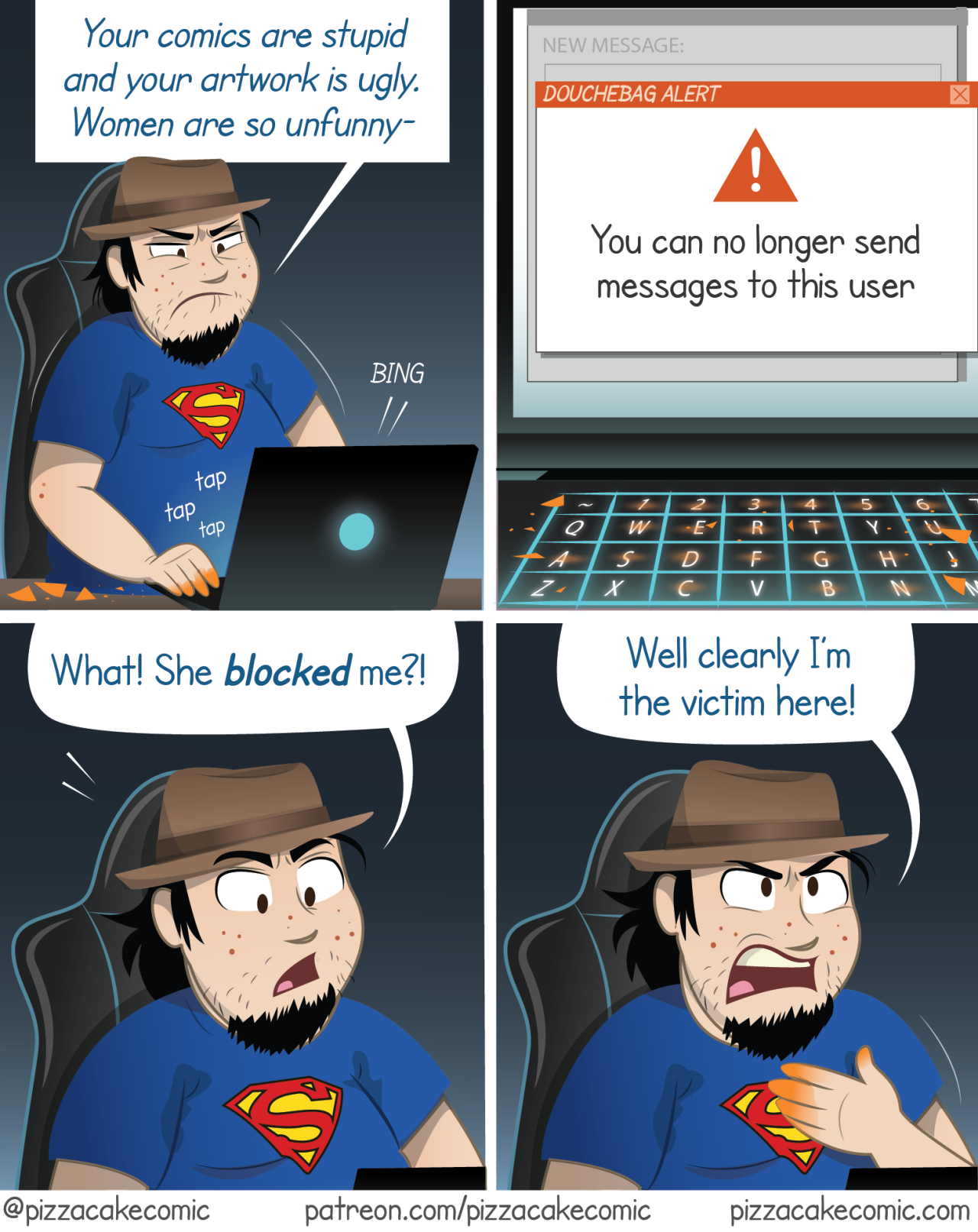Agreed, but this addresses only half of the problem. If this was all there was about AI, hell, I'd be a bit bummed and that'd be it.
The economics and ethics (both from consent to train models, lack of remuneration, job reductions, and ecological/environmental) is what really makes the whole deal just inflammatory. It's not just a removal of purpose for artists, but in the most unjust way possible.

